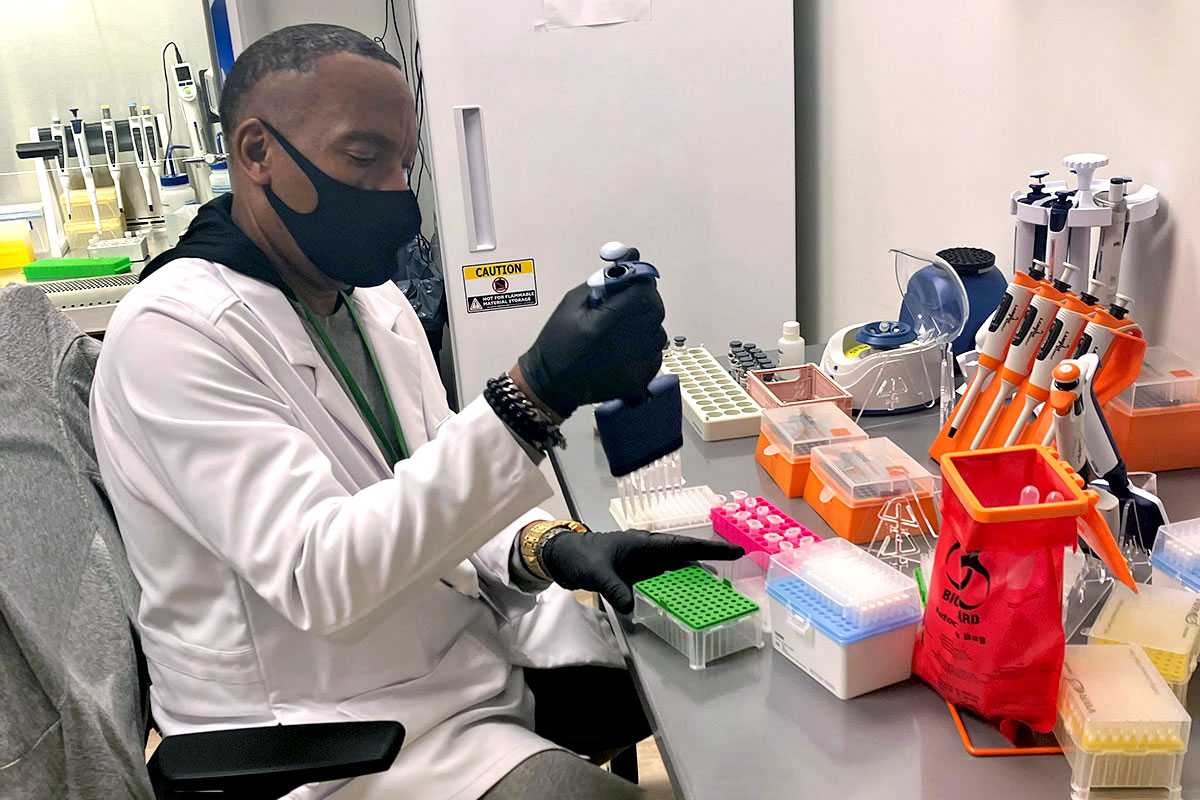The Procedure Behind Cannabis Lab Testing and Its Importance
2 min read
The legalization and subsequent boom of the cannabis industry have brought about an essential but often overlooked component: lab testing. This process serves as the gatekeeper for quality and safety, a measure that consumers rely upon when selecting products.
As the industry grows, ensuring the integrity and accuracy of these tests becomes paramount. Here’s a deeper dive into the significance and challenges faced by cannabis lab testing.
Consumer Safety at the Forefront
For many, cannabis products, whether recreational or medicinal, form an integral part of their routine. Medical patients in particular may rely on specific formulations to manage chronic pain, anxiety, or other conditions.
Inaccurate lab results can lead to overconsumption or underconsumption, neither of which is ideal. An overestimation of CBD, for instance, may rob a patient of potential therapeutic effects.
Conversely, underestimating THC might lead to unexpected psychoactive experiences.
Despite its increasing acceptance, cannabis still treads a complex regulatory landscape. The federal illegality of the substance juxtaposed against its state-wise legality creates a myriad of challenges.
Labs don’t just need to ensure accurate testing; they must also navigate these often-contradictory regulations.
For instance, while certain states have stringent measures for pesticide residues in cannabis, others might be more lenient. A lab operating in multiple states has to juggle these varying standards.

Financial and Ethical Obstacles
Setting up a cannabis testing facility is no small feat. The equipment, which often costs upwards of hundreds of thousands of dollars, is just the tip of the iceberg.
Maintaining a team of qualified professionals, staying updated with changing regulations, and ensuring that the tests are conducted ethically add to the challenges.
As the potential for profit grows, so does the temptation to tweak results in favor of higher THC percentages (often seen as a marker of quality by uninformed consumers) or to overlook contaminants.
The financial intricacies extend beyond just the setup. Many traditional banking avenues are still hesitant about cannabis, given its federal status. This makes securing loans or even simple banking operations a hurdle for many labs.
The Future of Cannabis Testing
As the industry matures, we can only hope for more standardized testing protocols across states. Such standardization could simplify operations for labs and ensure more consistency for consumers.
Moreover, with the increasing competition, labs that uphold the highest ethical and operational standards are more likely to garner trust and credibility.
Cannabis lab testing stands as the industry’s bulwark to ensure that products are safe, consistent, and of high quality. The challenges, while significant, underscore the need for rigorous standards and practices.
As consumers become more discerning, there’s hope that the industry will self-regulate and elevate labs that prioritize integrity and accuracy.






